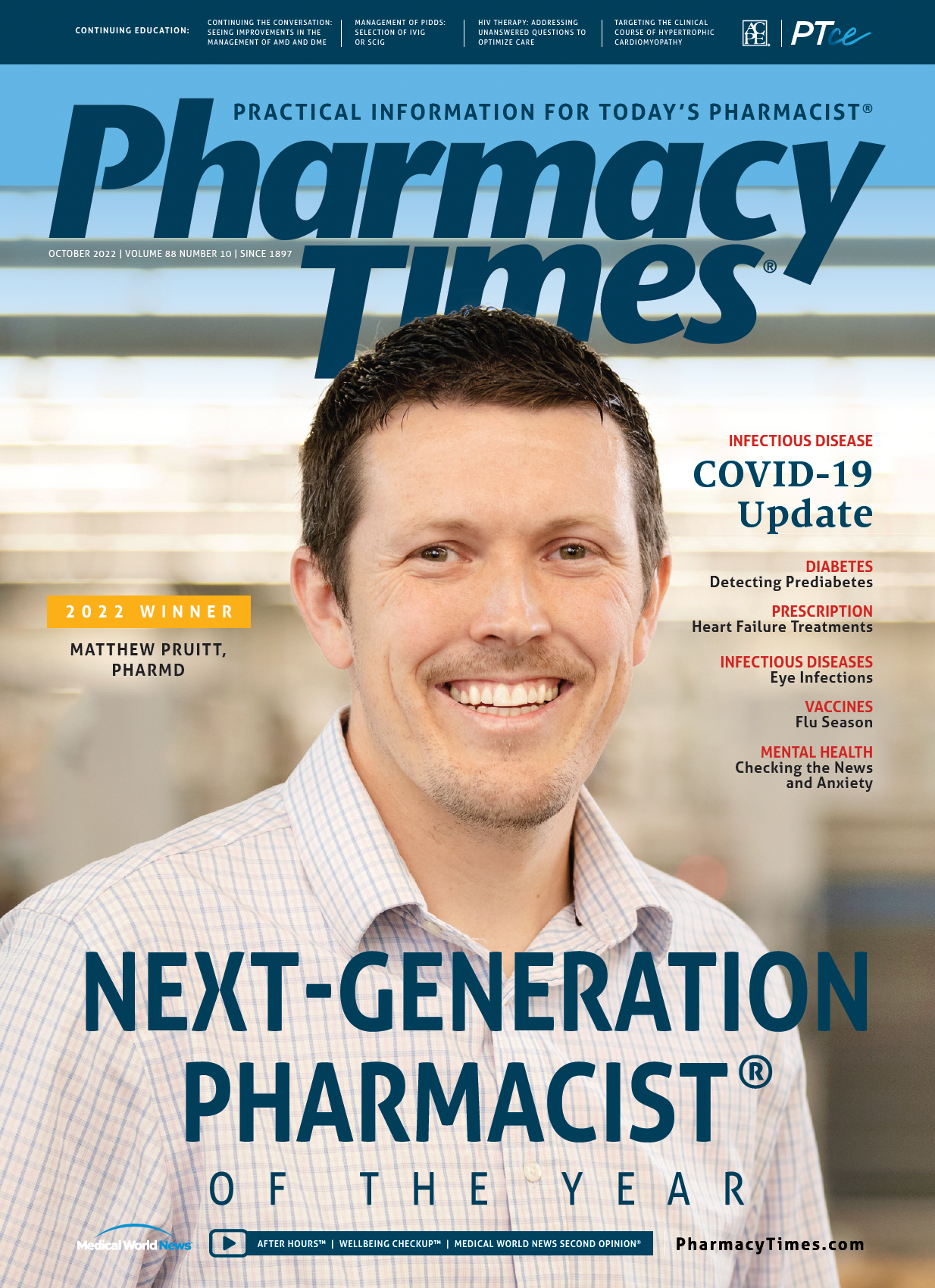Publication
Article
Pharmacy Times
Federal ECHO Act Helps Goal of Health Equity
Expanding capacity of health care outcomes statutes aims to link specialists with general practices.
Health equity is a goal for all health care providers.1 Inaccessibility to appropriate health care services, because of cost or proximity, is a leading indicator of poor health outcomes.2 If patients cannot receive necessary care, their health can deteriorate until medical costs and intervention become much more severe than they would have been initially. As part of achieving health equity, health care facilities must be easily accessible to the surrounding population and must provide access to appropriate resources that meet all patient needs.
Originally, Project Extension for Community Healthcare Outcomes was implemented in 2003 at The University of New Mexico.3 The goal was to expand accessibility and care for patients with hepatitis C virus in rural and underserved areas of New Mexico by using teleconferencing technology to connect specialist providers, known as the hubs, with primary care providers, known as the spokes.
The Expanding Capacity for Health Outcomes (ECHO) Act of 2016 required that the secretary of the US Department of Health and Human Services examine and compile a report on “technology-enabled collaborative learning and capacity building models.”4 These findings were presented to Congress, which found that the evidence, although modest, consistently showed positive effects; Congress recommended expanding the evidence base, including directly funding technical assistance and evaluation.4
The ECHO Act of 2019 built upon previous findings and was implemented to further increase accessibility to health care services for rural and underserved populations in need.4 The ECHO Act acknowledges that rural areas within the United States face many challenges when it comes to health care services, including limited access to general and specialty practices.4 Approximately 15% of all Americans live in rural areas, where there are often higher rates of poverty, a lack of insurance, and less health care access.5 These areas also experience increased rates of chronic illness, such as heart disease, and higher rates of potentially preventable deaths as a result.5
As of January 2017, unintentional injury deaths, largely because of accidental opioid overdoses and motor vehicle collisions, were approximately 50% higher in rural than in urban areas.5 Furthermore, rural areas are often not close to academic medical centers or other facilities with more extensive resources to adequately treat severe medical emergencies, so access to specialized treatments often may be delayed.5 This can lead to less successful treatment and mortality outcomes for patients in these areas, due to lack of timely access and proximity to appropriate care. The ECHO Act of 2019 increased accessibility to health care grants, services, and technological assistance to establish support for health care facilities and providers in the areas deemed medically at need.4
The ECHO Act has meant considerable progress for patient care accessibility and telehealth expansion for individuals without resources.
The hub-and-spoke telemonitoring network facilitates connection of primary care providers to specialist teams, easing consultation and improving the standard of care for patients who are medically at need.3
Prior to the ECHO Act, these patients would have had to travel far outside their local areas to larger medical practice centers if they were able or else would not have had access to this scope of specialized care.
This is an example of using technology to enhance delivery of health services. Because many in society, as well as within health care, have become more comfortable with advanced technologically facilitated communication, patients have seen many benefits. This is a crucial step toward addressing misdistribution of health care practitioners to serve patients in rural areas. The telecommunication link can also be used as part of an innovative continuing professional education project to allow rural practitioners greater flexibility in keeping abreast of developments with less time committed to travel, as well as to facilitate interprofessional collaboration.
Congress overwhelmingly supported the imple-mentation of all ECHO Act provisions in 2019, which focused a national spotlight on the issues associated with inaccessibility to appropriate medical care for many Americans.4 Increased accessibility to health care may have a drastic, positive impact on quality of life in these areas.2 By expanding health care services in these areas, preventable disease rates could fall due to increased education and early treatment.1 The passing and implementation of the ECHO Act is a step toward health equity for all, as well as a brighter, healthier future for Americans regardless of where they live.
References:
1. Health equity. CDC. Updated March 3, 2022. Accessed September 11, 2022. https://www.cdc.gov/chronicdisease/healthequity/index.htm
2. Brondeel R, Weill A, Thomas F, Chaix B. Use of healthcare services in the residence and workplace neighbourhood: the effect of spatial accessibility to healthcare services. Health Place. 2014;30:127-133. doi:10.1016/j.healthplace.2014.09.004
3. Landi H. Telehealth bill, the ECHO Act, passes both chambers of Congress. Healthcare Innovation. December 7, 2016. Accessed September 11, 2022. https://www.hcinnovationgroup.com/population-health-management/telehealth/news/13027838/telehealth-bill-the-echo-act-passes-both-chambers-of-congress.
4. The Expanding Capacity for Health Outcomes Act of 2019 (ECHO 2019 Act). Accessed September 11, 2022. https://www.murkowski.senate.gov/imo/media/doc/ECHO%202019%20Act%20One%20Pager.pdf
5. Rural Americans at higher risk of death from five leading causes. News release. CDC. January 12, 2017. Accessed September 11, 2022. https://www.cdc.gov/media/releases/2017/p0112-rural-death-risk.html
About the Authors:
Hannah S. Mercado is a PharmD candidate at the University of Kentucky College of Pharmacy in Lexington.
Joseph L. Fink III, JD, Dsc (HON), BSpharm, FAPHA, is an emeritus professor of pharmacy law and policy at the University of Kentucky College of Pharmacy.

Newsletter
Stay informed on drug updates, treatment guidelines, and pharmacy practice trends—subscribe to Pharmacy Times for weekly clinical insights.






